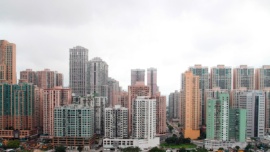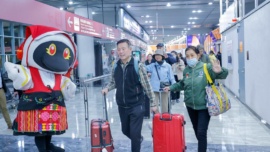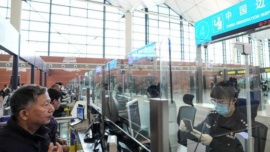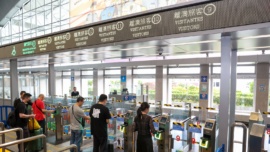Macau Business Editorial | June 2023 | By José Carlos Matias – Director
The choice between new wine in an old bottle or old wine in a new bottle is as much about substance as it is style. Ideally, you want the best of both worlds, but there is much more to navigating this dilemma and striking that balance than meets the eye.
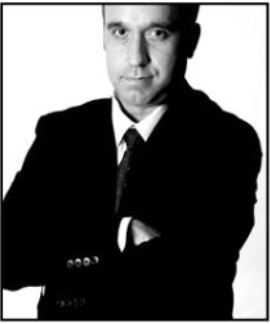
While we explore the wine list, let’s take a deep dive into what’s lending Macau’s recovery some momentum, and into what might come next. The process of reopening post-COVID provides a fresh opportunity to upgrade the city’s visitor experience and shape perceptions. The roadshows currently being held in Southeast Asia, with more planned for East Asia, which – along with the resumption of Macau Weeks on the mainland – are key to projecting a renewed city image in core domestic and foreign markets. These efforts are being driven by the tourism authorities but also have the support of some important private stakeholders: the six gaming/integrated resort operators, whose mission is now more closely aligned with the government’s broader strategies and the Region’s development over all. With these boats now sailing in the same direction, more substance can be injected into the concept of Macau as a World Centre of Tourism and Leisure (WCTL).
At the core of this WCTL concept lies the “Tourism+” approach, which situates tourism in tandem with MICE (Meetings, Incentives, Conferences, and Exhibitions), sports, e-commerce and culture & creativity, in a cross-sector dynamic that has seen development, particularly in the last couple of years, and is now visible to international audiences. This strategy and the momentum continuing to drive Macau’s reopening bode well for the SAR.
In this context, improved infrastructure, international connectivity and human resources have key roles to play in bringing about a more diversified, cosmopolitan and sophisticated visitor experience. And all these fronts require swift action on the city’s part to make up for the protracted period of pandemic restrictions and face up to the fierce competition emerging on all sides: both in tourism & entertainment hubs overseas and across the border on the mainland.
In terms of connectivity, what’s required is a rapid proliferation of airline routes (existing operators are speeding up plans), while opportunity knocks in a few months’ time with an end to the exclusivity of Air Macau’s local air services franchise and the chance to make the most of much-needed liberalisation. All eyes await the bill, to be unveiled soon, that might pave the way to a process one hopes will translate into more routes and better service.
Nevertheless, bringing more people from more distant and more diverse source markets is not the be-all and end-all. When those visitors do arrive, the city’s transportation service must be ready to deliver as pleasant an experience as possible – an aim that today is not always achieved, particularly when it comes to the taxi industry. The return of mass tourism has also revived the regrettable practices of certain rogue cabbies who give the city a bad name. Even if old habits die hard, we must find a way to stamp the bad ones out, once and for all.
This decade will likely be make-or-break in the city’s ambitions for better connectivity, smart tech development and overall competitiveness outside its core “golden egg” resources.
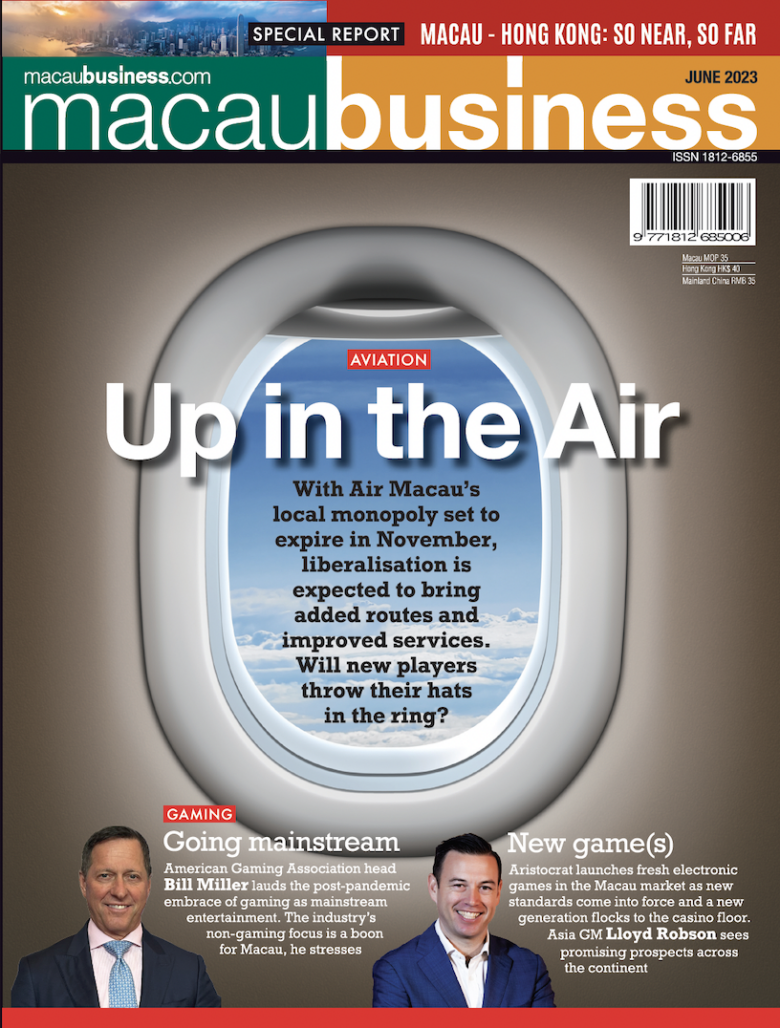
As the liberalisation of the gaming industry revealed two decades ago, when a place has a business case with a compelling competitive advantage it can attract top-tier international investment. Now, the six gaming concessionaires’ new multi-billion non-gaming projects, mostly in line with the Government’s “Tourism+” strategy, represent an upgrade one hopes will only make Macau stronger, as predicted by American Gaming Association head Bill Miller in his interview in this issue of Macau Business. Additional, fresh flagship investments from abroad (both mainland China and overseas) would certainly also help animate the market’s “animal spirits”. Allocation of land is key; the dozens of long-idle plots held by the government must at last be put to good use: for much-needed social infrastructure and added-value private investment.
And there’s a pretty strong case, by the way, for a significant expansion of hotel-room capacity.
Then, there are the people. The importance of nurturing local talent and the local workforce with not just jobs but opportunities to gain skills and climb the corporate ladder cannot be understated. The same goes for establishing a new, more open and less bureaucratic approach to imported labour, something we have called for repeatedly in this publication. In terms of attracting highly skilled professionals, a litmus test will come with the long-awaited New Legal Regime for Recruiting Qualified Staff, which comes into effect in July.
Forming the background to this conversation is adherence to a cherished goal, one ranking high on the Central Government’s nationwide economic agenda and stressed even more since the last Two Sessions held in Beijing: high-quality development. Realising such an aim certainly requires loyalty, but that alone is not a sufficient condition. The set of necessary conditions for successfully achieving these plans also includes skill, competence, and vision.
Having perused the list in the course of this discussion, the dilemma remains the same: old, new, substance, style. It’s all about striking the right balance. So, without further ado, in the words of Tang Dynasty poet Li Bai let me “Bring in the Wine” (將進酒).






